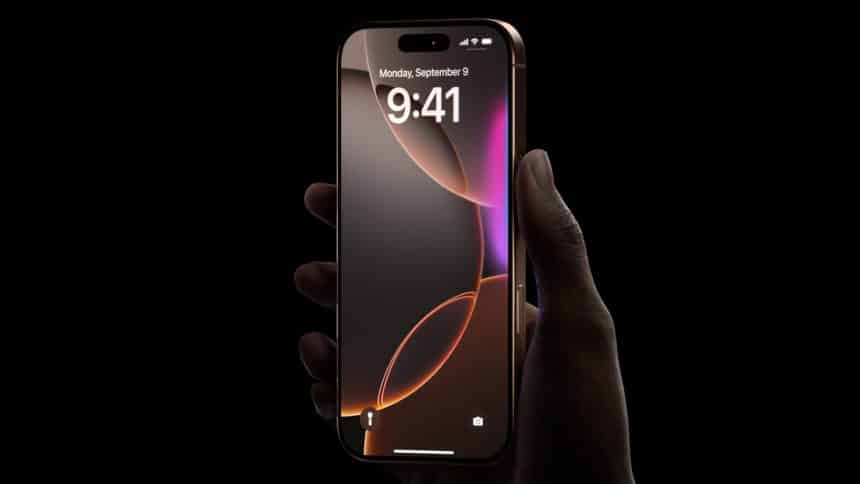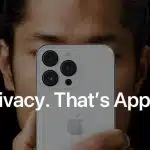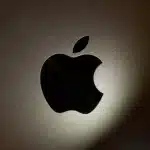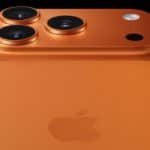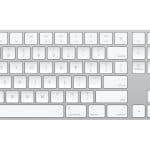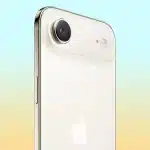A new report has uncovered a global black market that profits from stolen iPhones—even when they are locked and secured. Criminals are stealing iPhones in cities like London and shipping them to China, where they are either stripped for parts or resold.
While Apple’s security features like Face ID, passcodes, and iCloud Activation Lock have made it harder to use stolen phones, they haven’t stopped the trade completely.
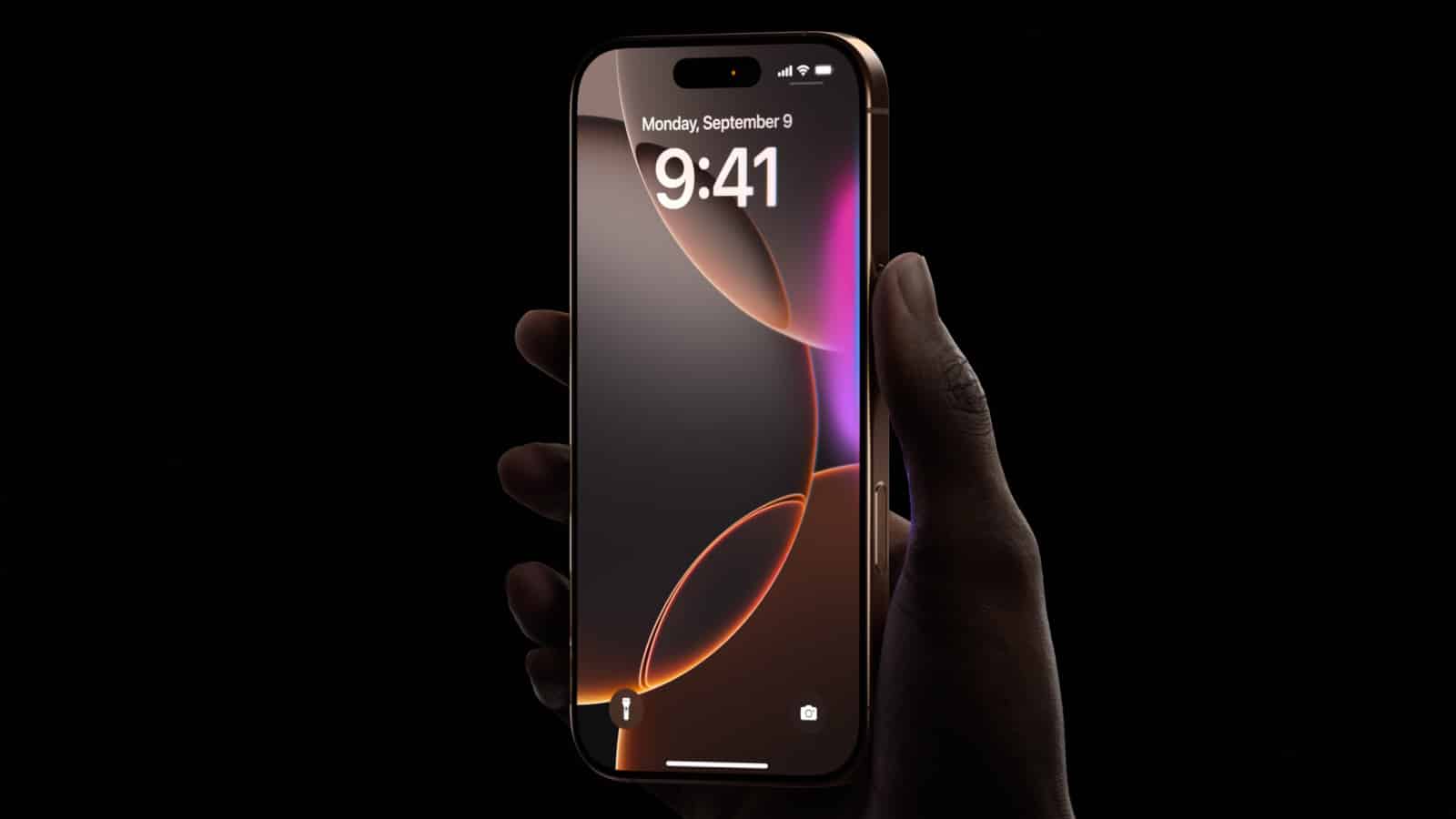
Tracking Reveals a Pattern
Londoner Sam Amrani had his iPhone 15 Pro stolen by two thieves on electric bikes. Using Apple’s “Find My” app, he tracked the phone across London, then to Hong Kong, and finally to Shenzhen, China. It ended up near a building called Feiyang Times—known for housing businesses that sell used phones, including stolen ones.
These sellers operate in large numbers, often dealing with hundreds of devices. While some phones are unlocked and sold quickly, others—like Amrani’s—remain locked but are still in demand.
Locked Phones Still Hold Value
Surprisingly, locked iPhones can still fetch about 30% of the value of an unlocked one. Sellers strip them for valuable components, including screens, batteries, and chips.
Kevin Li, a Hong Kong-based reseller, said there’s strong demand for locked devices in Shenzhen, even if buyers can’t bypass security features. However, some victims have reported receiving messages from their stolen phones, where thieves try to extort money by threatening to wipe linked devices.
Apple and Authorities Respond Quietly
So far, Apple and local Chinese authorities have not commented. Hong Kong police have said they will act when necessary. Meanwhile, theft rates remain high. In 2023, London police reported 157 smartphone thefts per day.
As high-tech protections evolve, so do black market operations. For now, even the most secure iPhones are not safe from a profitable global supply chain that turns stolen tech into cash.
